Endocrine active substances and non-monotonic dose response
EFSA’s ongoing work
EFSA is currently involved in a number of initiatives to develop scientific knowledge in the field of endocrine active substances and also on overlapping issues such as non-monotonic dose-response relationships and biological relevance in risk assessment. This work follows up on a 2013 scientific opinion by EFSA which provided a definition of endocrine disruptors.
Endocrine active substances are chemicals that can interact or interfere with normal hormonal activity. In its March 2013 scientific opinion, EFSA’s Scientific Committee endorsed the World Health Organization’s definition of an endocrine disruptor: there should be reasonable evidence that the substance can cause an adverse effect as a result of its interaction or interference with the endocrine system.
Hypotheses about “low dose effects” (occurring at levels below those typically used in standard toxicological testing) and irregular/non-linear (or “non-monotonic”) dose-response relationships of chemicals challenge key concepts in toxicology and risk assessment. Although not addressed in EFSA’s 2013 opinion – which was carried out in response to specific questions from the European Commission about criteria for identifying endocrine disruptors and the appropriateness of testing methods – EFSA recognised in the opinion that these cross-cutting issues warranted more in-depth attention.
Already in June 2012, EFSA had held a scientific colloquium to bring together leading scientific minds from across the globe to discuss the low dose hypothesis. The Authority followed up this work in June 2013, by commissioning a critical review of all available data and studies on non-monotonic dose-responses of substances for human risk assessment in the area of food safety. This project, awarded to the French and Austrian food safety authorities (ANSES and AGES, respectively) together with Sweden’s Karolinska Institute, is on-going and due to conclude by the end of 2015.
Indirectly, during the Scientific Committee’s discussions for its 2013 opinion on endocrine disruptors, EFSA’s experts also concluded that guidance was needed on several cross-cutting concepts used in risk assessment that impact the breadth of EFSA’s work. In particular, guidance on biological relevance aims to further clarify and create a common understanding of how expert judgement is used to decide on the usefulness of data available for an assessment. It will specifically tackle important questions raised during the Scientific Committee’s discussions on their endocrine disruptors opinion about ‘adversity’ in risk assessment. For example, is an observed effect adverse in the organism (e.g. test animal) being studied or just an adaptive response? Can the available data (e.g. test results) be extrapolated to humans or another specific population being assessed?
Continuing the Authority’s involvement in this field, EFSA scientists will be among the participants at a European Commission conference on 1 June organised to discuss criteria for identifying “endocrine disruptors”. The Chair of EFSA’s Scientific Committee, Prof Anthony Hardy, will attend the Commission-organised conference to provide further insights on EFSA’s work. EFSA scientists involved in pesticide evaluations will also contribute knowledge from their specialised area. EFSA is also participating in a related follow-up event at the European Parliament.
These activities are contributing to scientific knowledge on these issues and to the enhancement of best practices in risk assessment to address them.
Most read news
Other news from the department science

Get the chemical industry in your inbox
By submitting this form you agree that LUMITOS AG will send you the newsletter(s) selected above by email. Your data will not be passed on to third parties. Your data will be stored and processed in accordance with our data protection regulations. LUMITOS may contact you by email for the purpose of advertising or market and opinion surveys. You can revoke your consent at any time without giving reasons to LUMITOS AG, Ernst-Augustin-Str. 2, 12489 Berlin, Germany or by e-mail at revoke@lumitos.com with effect for the future. In addition, each email contains a link to unsubscribe from the corresponding newsletter.
Most read news
More news from our other portals
Last viewed contents
HLA-DQ1
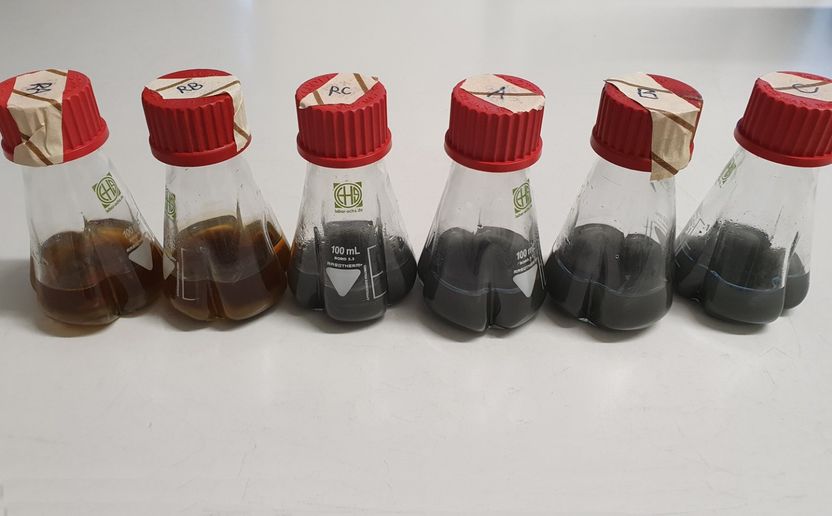
Effective metal extraction with electron-stimulated microorganisms by bioleaching
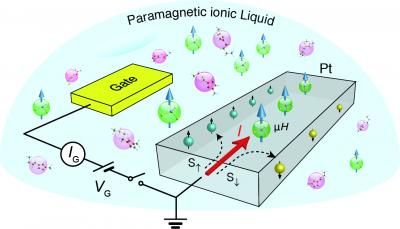
Creating a 2-D platinum magnet
Alabama_Beach_Mouse
Category:Belgian_biochemists
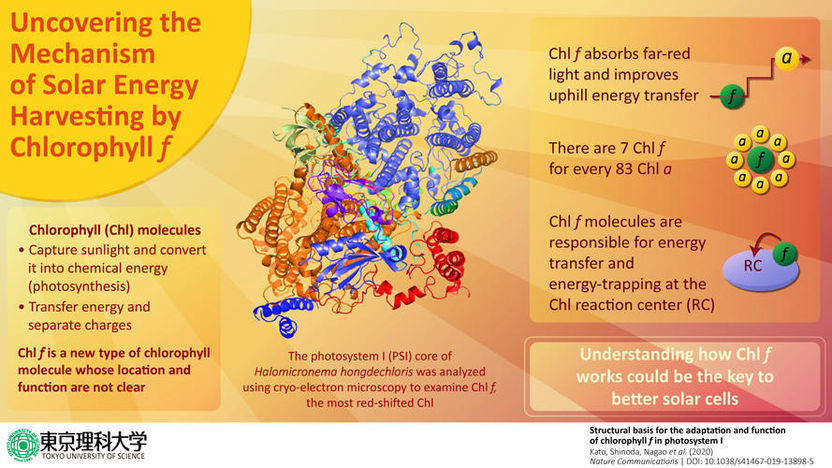
New study on a recently discovered chlorophyll molecule could be key to better solar cells - Scientists uncover location and functions of a new type of chlorophyll molecule for the first time
European_Gemological_Laboratory_(USA)
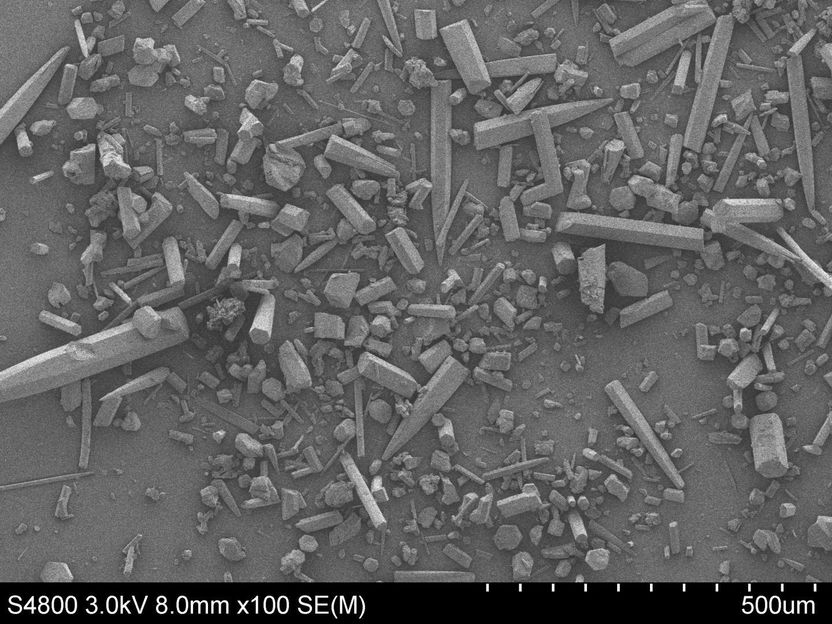
Molecular 'treasure maps' to help discover new materials
Category:Flavin_enzymes

Blow flies can be used to detect use of chemical weapons, other pollutants - Using mass spectrometry to determine the chemicals in the blow flies' guts
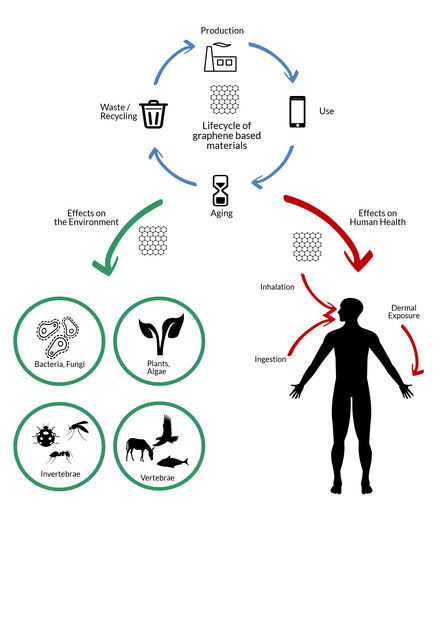
How safe is graphene? - Effects on people and the environment under the microscope


























































